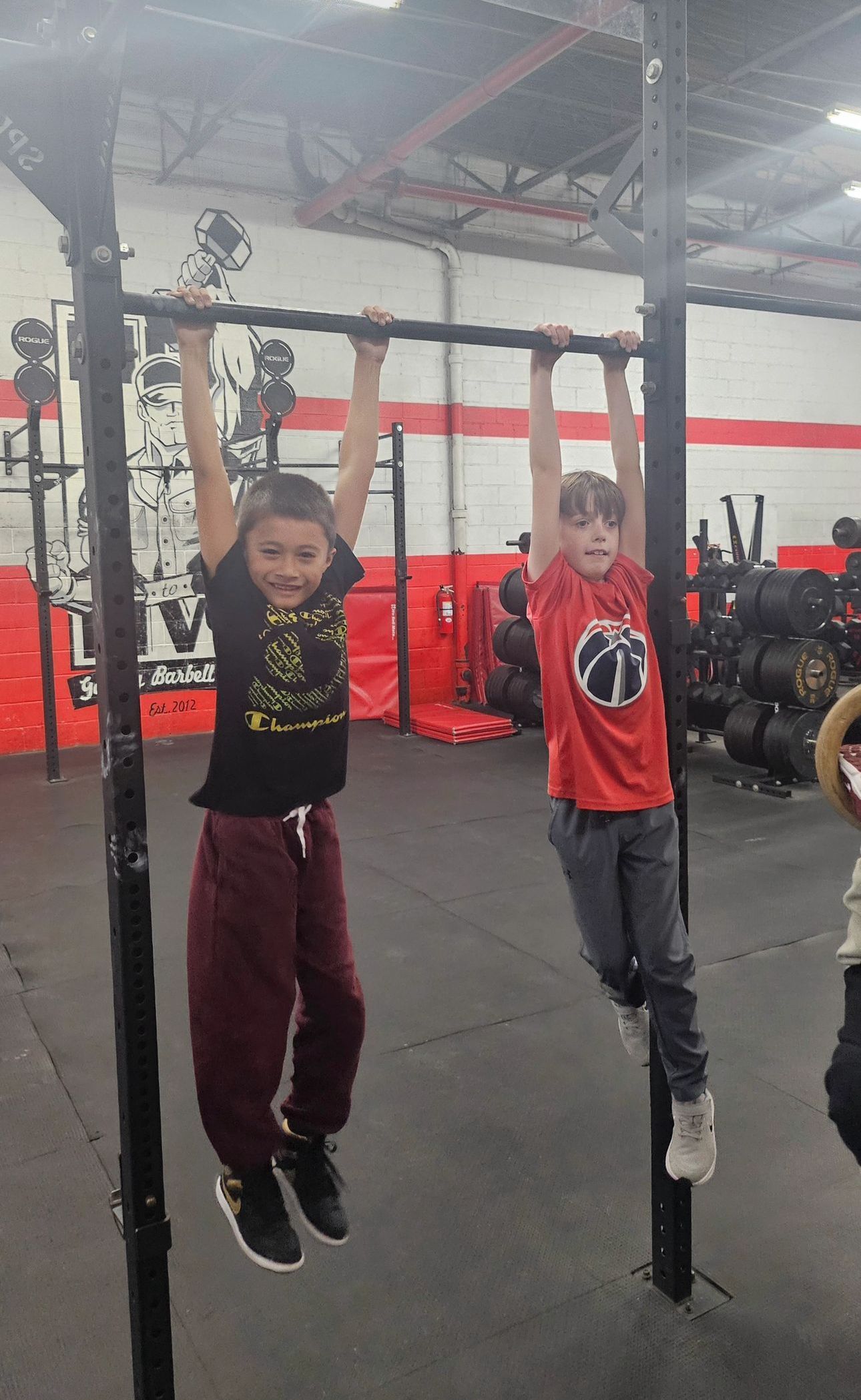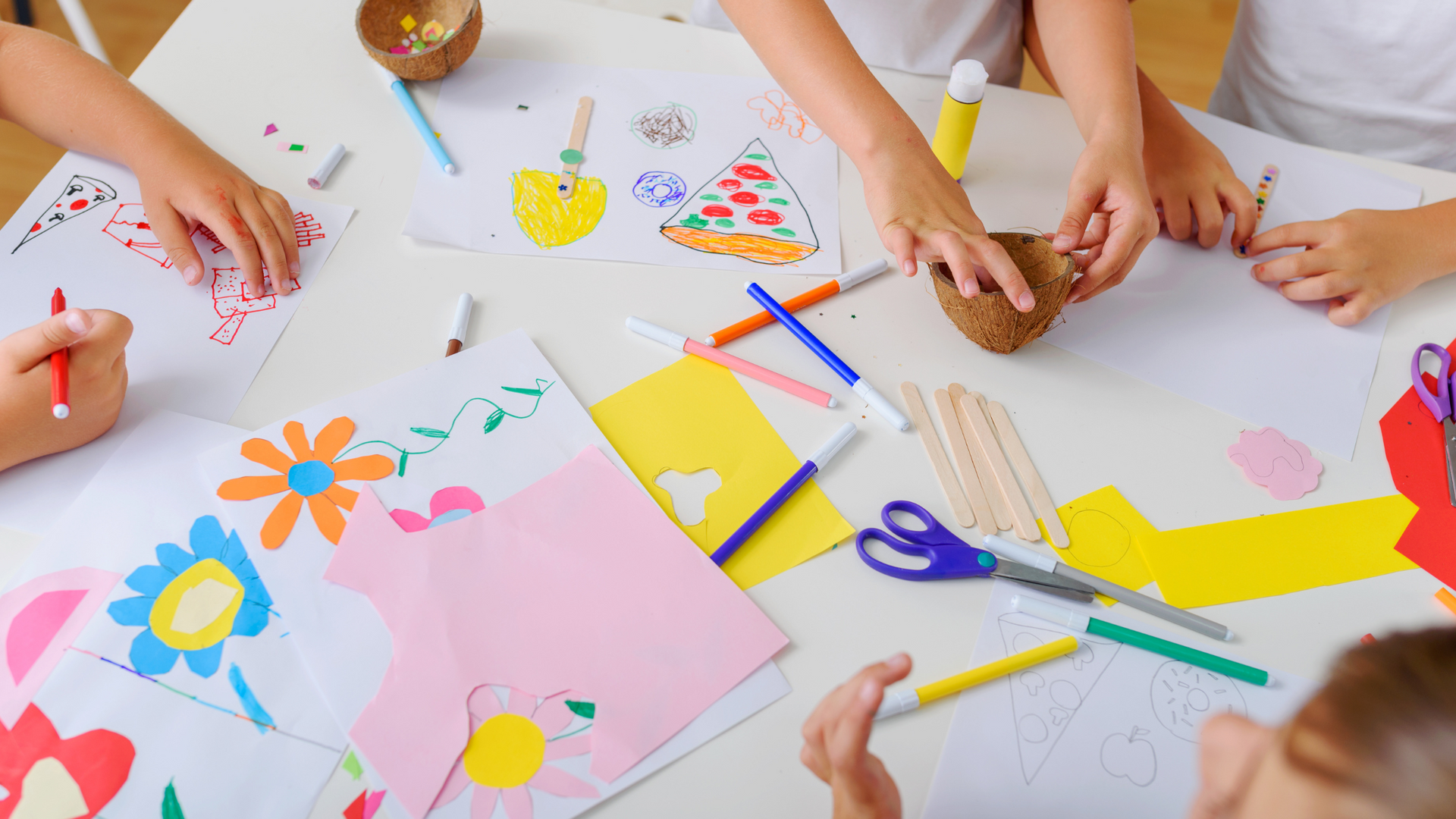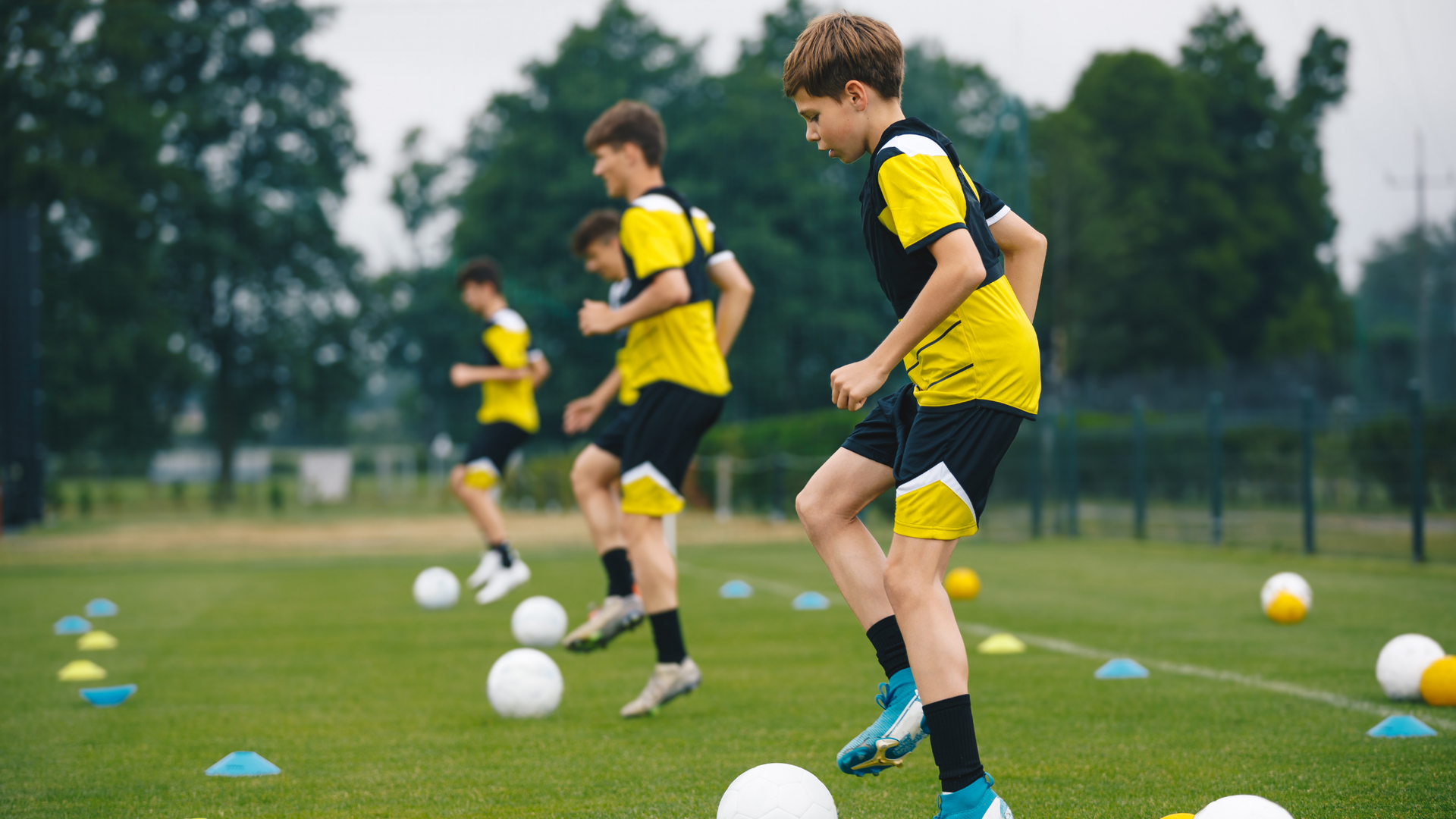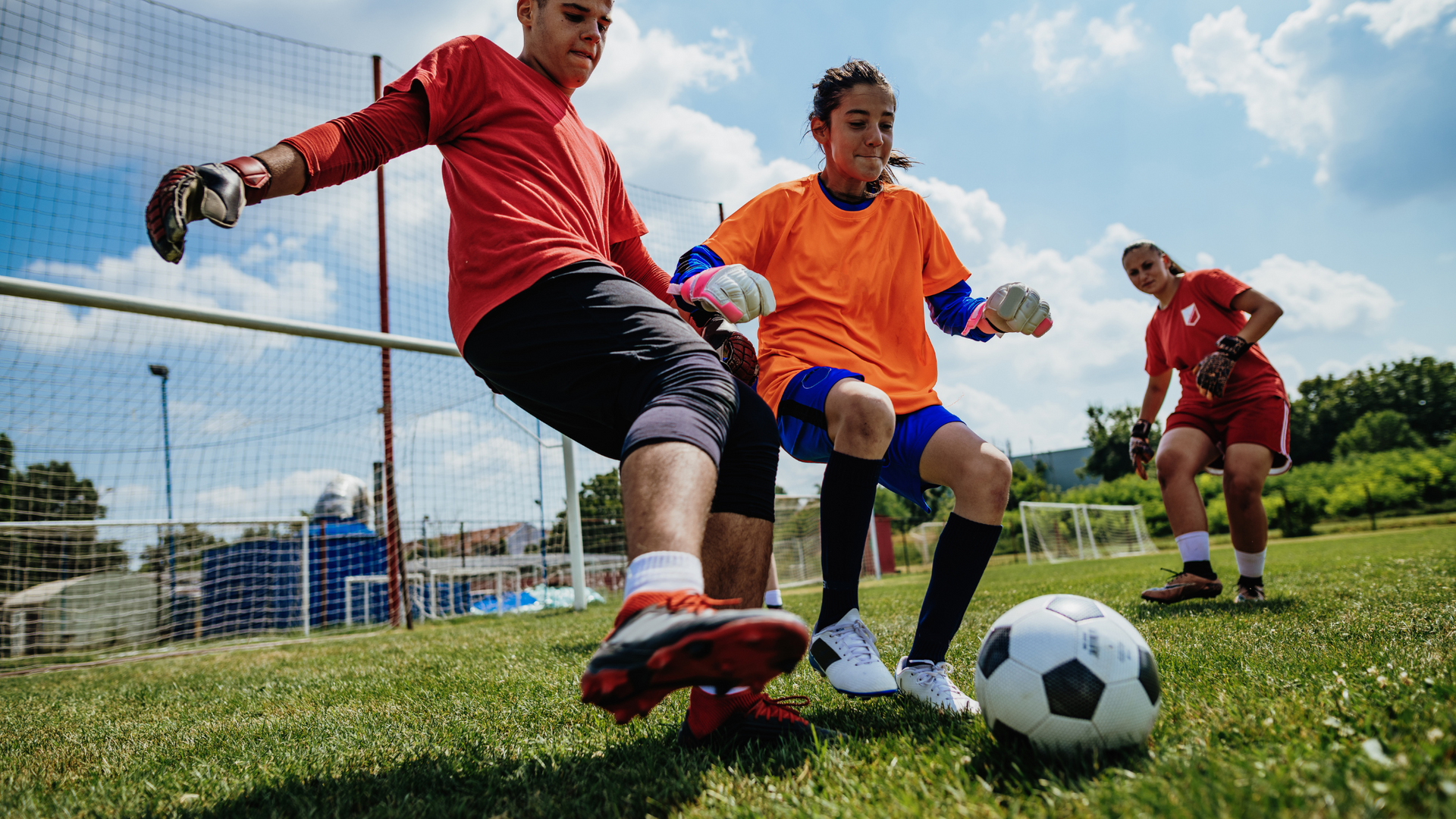How to Help Your Child Overcome Fear & Anxiety About Fitness
Help your child overcome fitness fears and anxieties with our step-by-step guide for supportive parents.
Jason was always filled with dread when it came time for gym class. At just 10 years old, he felt sick to his stomach every time he had to run laps or play a game with his classmates. No matter how much his parents encouraged him, he could not overcome the overwhelming anxiety he felt about any physical activity.
Like Jason, many children today struggle with fear and anxiety when it comes to fitness and exercise. According to recent statistics from the Anxiety and Depression Association of America, anxiety disorders impact 25% of all children. When kids are fearful or anxious, it can be extremely difficult for them to participate in sports and physical activities.
The good news is that parents can take steps to help their children overcome these fears. With the right approach and proper support, children can break through their anxiety and gain the confidence they need to enjoy being active. This article will provide helpful, actionable tips for parents seeking to help their kids develop a healthy relationship with fitness.
Understand the Root Causes
The first step is uncovering where your child's fears originate. Have an open conversation and ask questions like:
- Did they have a bad experience that created these fears? For example, were they ever bullied or humiliated during a sports practice? Were they injured while playing? Understanding the trigger incident can help you address it.
- Do they feel intimidated by competitive activities? Some kids are afraid of the pressure that comes with sports and exercise. Make sure to emphasize having fun over winning.
- Are they self-conscious about their skills or appearance? Body image issues and poor self-esteem often fuel anxiety. Offer regular encouragement and praise.
Take time to truly listen to your child's concerns without judgement. Let them share at their own pace. Getting insight into the source of their anxiety is key to overcoming it. If your child is hesitant to open up, be patient and gain their trust over multiple conversations.
Consulting with your child’s doctor can also shed light on any physical issues contributing to the problem. For example, asthma may make vigorous activity difficult. Joint or muscle problems might cause pain. Address any health conditions to eliminate physical barriers.
Start Small and Offer Encouragement
It’s important not to push too hard too fast. Start with 5-10 minutes of activity your child feels comfortable with – even just walking around the block. Offer frequent encouragement to boost their confidence. Remember to focus praise on the effort they are putting in rather than the specific results. Say things like "I'm so proud of you for trying your best!" rather than "I'm impressed you ran 3 miles!"
Avoid any criticism about performance that could reinforce negative feelings. The priority is helping your child feel positively about being active, not achieving any fitness goals. Slowly build up the duration and challenge over time, taking care not to move too far beyond their comfort zone. Small, achievable targets are the key.
Make it Fun and Rewarding
Incorporating play, games, music, friendly competition and other fun elements will help your child associate exercise with enjoyment rather than dread. Schedule family activities like hiking, cycling or paddling to make fitness a bonding experience. Follow any activity sessions with a healthy treat to reinforce the positive effort they put in. Strawberries, bananas or other fruit make great options.
Following activity sessions, offer small non-food rewards to celebrate accomplishments. Stickers, temporary tattoos and other little prizes go a long way with kids. Just make sure to focus rewards on the effort they showed rather than specific results. The goal is to get them excited about being active for its own sake.
Enlist Outside Help if Needed
If you’ve tried multiple approaches and your child still faces paralzying anxiety, it may be time to bring in outside help. A patient, supportive personal trainer who specializes in working with kids can make all the difference. The right trainer will focus on creating fun routines versus hardcore workouts. Search for trainers experienced overcoming childhood fitness fears.
Scheduling play dates with understanding friends can also help. Peer encouragement goes a long way at building confidence. Choose friends your child feels comfortable with who will offer support. Small group activities can feel less intimidating.
If anxiety persists, consult your doctor about anti-anxiety medication as part of a comprehensive treatment plan. Medication should never be the only solution but when combined with the right behavioral strategies, it can help children push past paralyzing fitness fears. Explore treatment options like cognitive behavioral therapy as well.
Connecting with support groups for parents facing similar fitness-related fears in their kids provides a venue to share advice and ideas. Local rec centers, schools and community bulletin boards are good places to find groups. Online forums allow you to connect with other parents anywhere. Share your own challenges and learn from others.
Stay Consistent with Routines
Establishing set exercise routines at consistent times can help provide stability. Kids with anxiety thrive on predictability. Try scheduling 15-20 minutes of family fitness time after dinner each night, or make Saturday mornings "park day." Being active at the same times will start creating healthy habits.
Of course, stay flexible based on your child's needs day-to-day. If they are feeling particularly anxious, don't force them to stick to the routine. The goal is creating positive associations not battles. But in general, consistent routines build comfort through familiarity.
Focus on Overall Health, Not Just Fitness
Emphasize that being active is about taking care of your body and feeling good, not fitness outcomes like weight loss or muscle gain. Exercise should be part of an overall focus on health that includes proper nutrition, adequate sleep and strong social connections. Make balanced self-care routines a family priority.
Children learn by example. If you model self-care, your child will absorb these values. Cook healthy meals together, enjoy nightly screen-free family time and schedule regular check-ins to share feelings. A holistic approach fuels healthy attitudes about fitness.
The key is to remain understanding, patient and positive. Helping a child push past their fears requires creativity, compassion and commitment from parents. By taking the right supportive approach, you have the power to put your child on the path to developing a healthy, enthusiastic attitude about fitness for life. The team at Gantry Kids is always available to provide personalized guidance. Give us a call today so we can work together to help your child gain confidence and strength.











